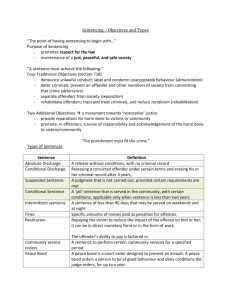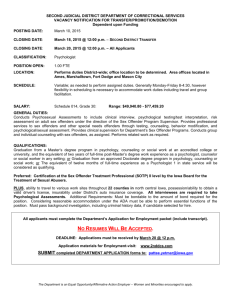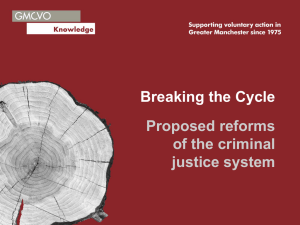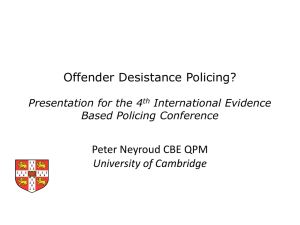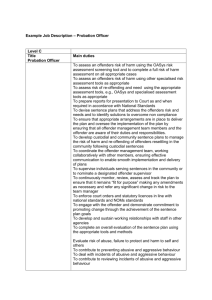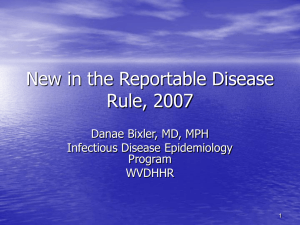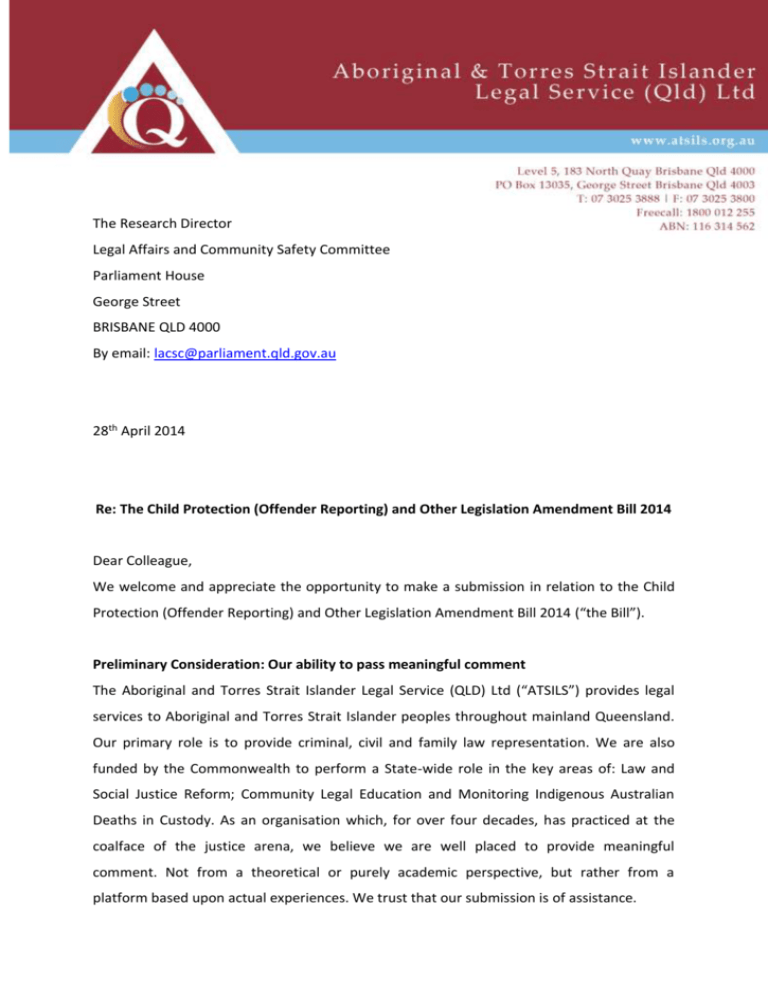
The Research Director
Legal Affairs and Community Safety Committee
Parliament House
George Street
BRISBANE QLD 4000
By email: lacsc@parliament.qld.gov.au
28th April 2014
Re: The Child Protection (Offender Reporting) and Other Legislation Amendment Bill 2014
Dear Colleague,
We welcome and appreciate the opportunity to make a submission in relation to the Child
Protection (Offender Reporting) and Other Legislation Amendment Bill 2014 (“the Bill”).
Preliminary Consideration: Our ability to pass meaningful comment
The Aboriginal and Torres Strait Islander Legal Service (QLD) Ltd (“ATSILS”) provides legal
services to Aboriginal and Torres Strait Islander peoples throughout mainland Queensland.
Our primary role is to provide criminal, civil and family law representation. We are also
funded by the Commonwealth to perform a State-wide role in the key areas of: Law and
Social Justice Reform; Community Legal Education and Monitoring Indigenous Australian
Deaths in Custody. As an organisation which, for over four decades, has practiced at the
coalface of the justice arena, we believe we are well placed to provide meaningful
comment. Not from a theoretical or purely academic perspective, but rather from a
platform based upon actual experiences. We trust that our submission is of assistance.
Subsidiary Preliminary Comment – PUBLIC REGISTER OF SEX OFFENDERS
Our submissions herein are predicated to a degree upon an assumption that the
Government will not pursue a previously raised consideration of creating a public register of
sex offenders. Our Organisation would strongly oppose a public register being created for
the following reasons:
1. Such would undoubtedly lead to public vigilante groups - which is counterproductive to the objective of enhancing public safety. The public threat to safety
might result in many sex offenders adopting an itinerant lifestyle, which would be a
serious impediment to monitoring their movements, thereby increasing the risk of
reoffending.
2. Such would create further difficulties and challenges for those sex offenders reentering society, due to intense public scrutiny and a general unwillingness by the
public to offer sex offenders employment opportunities etc – again, such being
counter-productive to rehabilitation and safer communities.
3. Public registers of sex offenders would decrease the prices of property in areas
where the sex offender resides – especially for residences in particularly close
proximity.
4. A public register is particularly prejudicial to vulnerable sex offenders such as youths
and those with mental or physical disabilities (many of whom were victims
themselves of sexual abuse).
5. Publicly identifying sex offenders also leads to the identification of their family. This
could cause many serious issues for the family and lead to them being unfairly
discriminated against.
As to the Bill itself:
CLAUSE 6 OF THE BILL – REMOVAL OF SECTION 5(2)(c)(i) OF THE ACT
OMIT 5
Reportable offender defined
(2) However, a person mentioned in subsection (1)(a) is not a reportable offender
merely because—
(c) the person, as a child, committed—
(i) a single offence against the Criminal Code, section 210;
Clause 6 of the Bill removes section 5(2)(c)(i) of the Child Protection (Offender Reporting) Act
2004 (“the Act”), which stipulated that a child who commits a single offence against section
210 of the Criminal Code Act 1899 (Indecently dealing with a child under 16 years) is
excluded from the classification of ‘reportable person’. The effect of this amendment is that
children who commit unlawful carnal knowledge with their underage partner will be
potentially subjected to 8 years of reporting requirements.
ATSILS have acted for child clients who have been charged under section 210 for having a
consensual boyfriend/girlfriend relationship with their similarly aged underage partner. We
note that clause 27 of the Bill provides the Police Commissioner with the power to suspend
the reporting requirements for children who do not pose a risk to the lives or sexual safety
of children. We presume that it is intended for clause 27 to protect children in
circumstances similar to those described at the beginning of this paragraph. However for
reasons set out below, we are concerned that clause 27 of the Bill will not provide adequate
protection for children. Further, the risk of public or political criticism and the like, would
suggest that the then Police Commissioner is likely to be loathed to suspend a reporting
requirement.
CLAUSE 27 OF THE BILL
INSERT67A Application of this division
This division applies to a reportable offender who –
(a) Was a child when he or she committed the offence that makes the person a
reportable offender….
67C
Suspension of reporting obligations of reportable offenders on police
commissioner’s own initiative
(1) The police commissioner may suspend the reportable offender’s reporting
obligations on the commissioner’s own initiative only if satisfied, on reasonable
grounds, that –
a. The offender does not pose a risk to the lives or sexual safety of children…
Proposed section 67C of the Bill is an important safeguard – although our primary concern is
that it will be one largely in theory only - whilst in practice, it will be one where the then
Police Commissioner would be extremely loathed to action for a number of considerations,
even in meritorious cases. We note that the Bill seeks to insert part 4A, which allows for an
internal review of a decision made by the Commissioner pursuant to clause 27. However the
internal review process is in our respectful submission open to potential flaws – for
example:
1. Section 67I(3)(b) allows the Police Commissioner to review his or her own decision,
which could unfairly place the Commissioner in an invidious position – as well as
leave him or her open to unfair perceptions of bias (for the record, the current Police
Commissioner is well known to our Organisation as being a well respected and highly
ethical individual); and
2. Part 4A does not identify any matters or issues which the Police Commissioner is
bound to take into consideration.
In totality, we would counsel against the expansion of the definition of “reportable
offender” (i.e. as such relates to youth, single s210 offenders).
I close by once again thanking the Committee for this opportunity to have input into this
very important area. If required, we would be only too pleased to provide additional
information to the Committee.
Yours sincerely,
Shane Duffy
Chief Executive Officer

